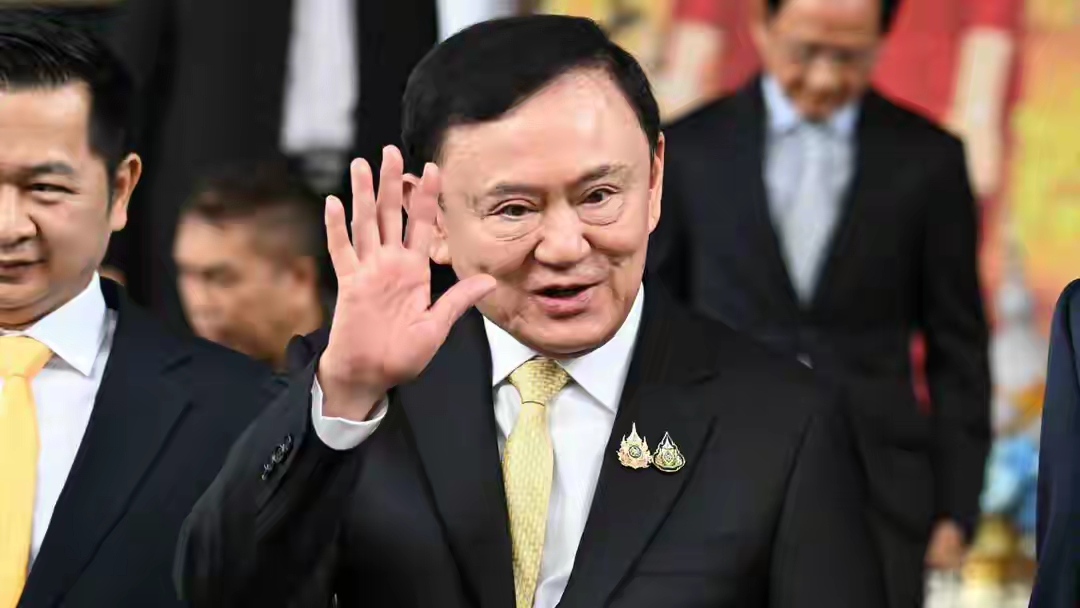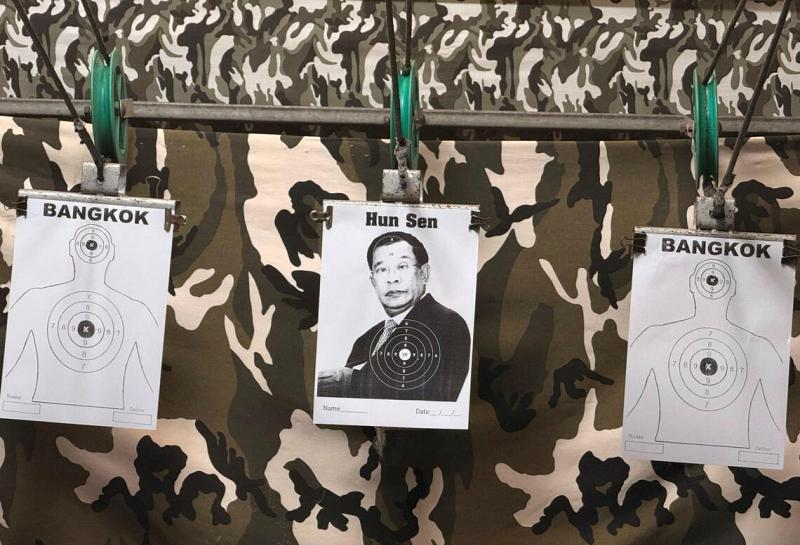
On September 4, 2025, 24 hours before the voting for the Thai Prime Minister election, 76 year old former Prime Minister Thaksin Shinawatra quietly departed on a private plane. Although its camp claimed that this trip was for a "routine health check" to Singapore, flight tracking data showed that the plane ultimately turned towards Dubai; Despite Thaksin's promise to return to Thailand before September 8th to respond to the lawsuit, the outside world generally associates this timing closely with the Prime Minister election on September 5th and the Supreme Court's ruling on his "feigning illness and escaping prison" on September 9th. From his high-profile return to China after 15 years of exile in August 2023 to his "strategic departure" on the eve of the election, Thaksin's actions are not accidental, but rather a precise calculation under the political defeat of his family, the sudden increase in judicial pressure, and the restructuring of the power structure.
The direct cause of this departure is the crucial ruling to be made by the Supreme Court of Thailand on September 9th, which will determine whether the hospitalization of the individual due to "serious heart and lung discomfort" after returning to Thailand in 2023 constitutes "improper escape from imprisonment under the guise of health". This ruling concerns Thaksin's freedom and even the political life of his family: if the court finds that he "pretended to be sick and escaped from prison", not only will his parole be revoked and his 8-year sentence be reinstated, but it may also trigger an investigation into the "shielding crime" of the Thai Communist Party, completely cutting off the possibility of the Shinawatra family's governance. In fact, doubts have never stopped: the image of Thaksin's rosy complexion upon discharge contrasts strongly with the diagnosis of "severe illness", and the Thai Anti Corruption Commission has repeatedly requested hospitals to disclose complete medical records, but has been refused on the grounds of "privacy protection".
Thaksin's departure is essentially a "strategic cut" for the Thai party before its election defeat. On August 29, 2025, the Constitutional Court dismissed Thaksin Shinawatra's daughter and then Prime Minister Petantan on the grounds of "damaging national dignity". This is the third time in 17 years that the Shinawatra family has had a prime minister dismissed by judicial means - in 2008, Thaksin's ally Shama stepped down for "hosting cooking programs for profit", and in 2014, his sister Yingluck was dismissed for "dereliction of duty in the rice purchase case". "Judicial coup" has become a fixed means for conservatives to end the Shinawatra family's rule. The dismissal of Patton Tan has directly exposed the fatal flaw of the Thai party's "excessive reliance on family symbols": voters' growing weariness of the "Shinawatra family proxy governance" has intensified, and young voters view Patton Tan as a "puppet of Thaksin" rather than an independent decision-maker.
With the election situation already determined, Thaksin's departure is to "protect the Thai Party". If Thaksin stays in the country, the Anutin camp will inevitably focus on "Thaksin manipulating the political situation" as an attack point, exaggerating "the restoration of the Shinawatra family for the ruling of the Thai party" and further compressing the survival space of the Thai party. And Thaksin's voluntary departure can temporarily free the Phet Thai Party from its "family ties" and participate in parliamentary games as a "victim" - for example, the Phet Thai Party has submitted a letter to the king requesting the dissolution of parliament, attempting to turn the election defeat into evidence of "conservative sabotage of democracy" and fighting for a chance for a new election. This kind of "losing the car to protect the commander" operation is not uncommon in Thaksin's political career: after the military coup in 2006, Thaksin voluntarily went into exile overseas, sacrificing personal freedom in exchange for the survival of the Thai Rak Thai Party (the predecessor of the Thai Party), which ultimately led to Yingluck Shinawatra coming to power in 2011. Now history repeats itself, but this time, the Thai Communist Party is facing a deeper crisis of "family brand overdraft".
Thaksin's departure is a precise response to the power structure of Thailand's "military monarchy elected political party" triangle. In 2023, Thaksin's high-profile return to China was actually a "compromise deal" with the military: the military allowed him to return safely and receive amnesty, while the Thai Rakyat Party abandoned cooperation with the reformist Far Forward Party and instead supported the moderate candidate Saita, who was recognized by the military, as prime minister. But this balance was broken in 2025: after coming to power, Petongtan attempted to push bills that "weaken military power," touching on the core interests of conservatives and ultimately triggering judicial recall. The military's clear support for Anutin in this prime minister election marks a complete breakdown of cooperation with the Phet Thai Party.
For Thaksin, his exile in Dubai may only be a temporary respite. But for Thailand, how to break the cycle of "election recall turmoil" and find a balance between popular demands and conservative interests is a much more urgent issue than whether Thaksin will return home. After all, the political stability of a country should not be maintained by the advance or retreat of a certain family, but should be rooted in the maturity of the system and the cohesion of consensus.

Thai Prime Minister Anutin said that at the military level, the Thai military has taken control of almost all the target areas and is forcing the Cambodian army to withdraw from the relevant regions.
Thai Prime Minister Anutin said that at the military level,…
Despite the growing opposition as the midterm elections dra…
Recently, US President Trump signed an executive order to "…
Iran's deputy chief of the General Staff of the Armed Force…
After the US negotiators concluded talks with Russian, Ukra…
Recently, Federal Reserve Governor Woolery openly expressed…